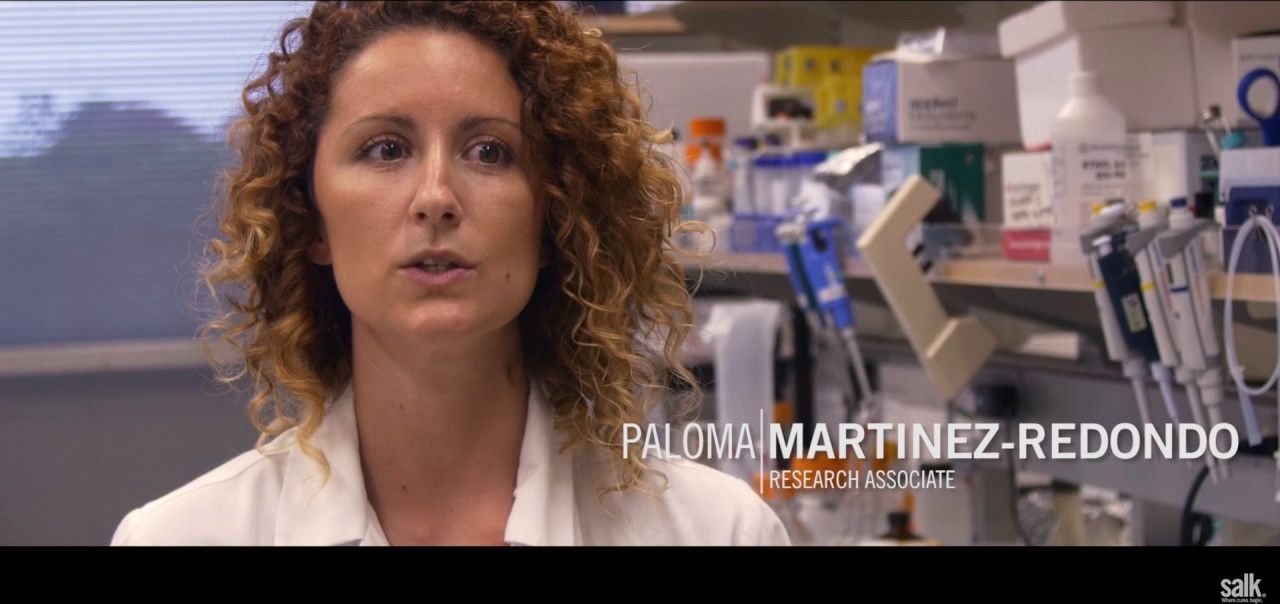The team showed that a new form of gene therapy produced a remarkable rejuvenating effect in mice. After six weeks of treatment, the animals looked younger, had straighter spines and better cardiovascular health, healed quicker when injured, and lived 30% longer.
Juan Carlos Izpisua Belmonte, who led the work at the Salk Institute in La Jolla, California, said: “Our study shows that ageing may not have to proceed in one single direction. With careful modulation, ageing might be reversed.”
The genetic techniques used do not lend themselves to immediate use in humans, and the team predict that clinical applications are a decade away. However, the discovery raises the prospect of a new approach to healthcare in which ageing itself is treated, rather than the various diseases associated with it.
